The European Union is based on common values that bind countries and people together. These values are set out at the very start of the Treaty on European Union, in Article 2. They include respect for human dignity, freedom, democracy, equality, the rule of law and respect for human rights.
A breach of EU values by a member state justifies a reaction at EU level.
What is the rule of law?
The rule of law is one of the EU values and a key principle in democratic states as it helps ensure fairness and transparency, among others.
The principle of the rule of law means that governments should be bound by law, that they should not take arbitrary decisions and that citizens should be able to challenge their actions in independent courts.
It also enshrines the fight against corruption, which unfairly favours some to the detriment of others, and the safeguarding of media freedom, thus ensuring the public is properly informed about the work of government.
In recent years the European Parliament has been sounding the alarm about the worsening situation concerning the rule of law in some EU countries, such as Hungary. MEPs have been taking action and repeatedly calling on the European Commission and member states to protect EU values and the budget.
The Article 7 procedure
The procedure under Article 7 of the Treaty on European Union was introduced by the Amsterdam Treaty in 1997. It includes two mechanisms for protecting EU values:
- Preventive measures, if there is a clear risk of a breach of EU values
- Sanctions, if such a breach has already occurred.
Possible sanctions against the EU country concerned are not clearly defined in the EU treaties, but might include suspending voting rights in the Council and the European Council.
For both mechanisms, the final decision needs to be taken by representatives of member states in the Council. The thresholds to reach a decision are different:
- For the preventive mechanism, a decision in the Council requires a majority of four fifths of member states.
- To determine the existence of a breach, unanimity among EU heads of state and government is required.
The EU country concerned does not take part in either vote.
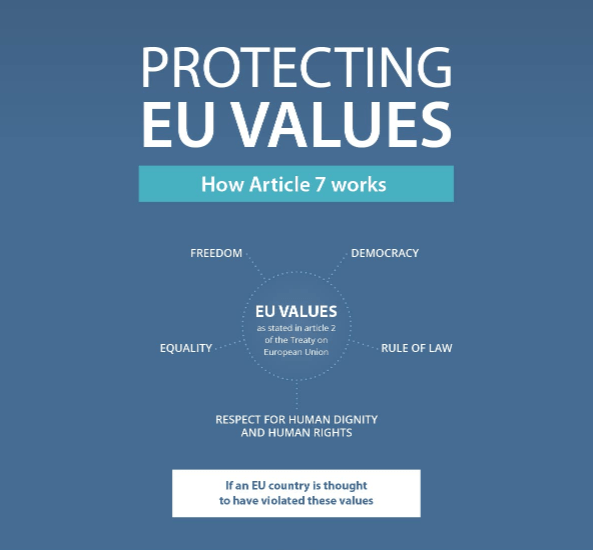
Protecting EU values. How Article 7 works (Disponible en Español)
|
Rules to protect the EU budget
In 2020, MEPs approved a regulation designed to protect EU funds from being misused by member states – this is known as the rule of law conditionality mechanism. Parliament pushed for it to not only apply when EU funds are misused directly, such as cases of corruption or fraud, but also when systemic breaches of fundamental values risk affecting the management of EU funds.
This means respecting the rule of law and other values is a condition for member states to obtain EU funds, as money can be withheld from countries in which established breaches of the rule of law compromise management of EU funds.
Other measures
If the Commission is of the view that a member state is violating EU law, which means not applying the rules agreed at EU level, it can start infringement proceedings before the European Court of Justice that may lead to financial sanctions against the country.
The Parliament is paying close attention to the rule of law situation in EU countries, preparing reports that highlight the problems and call for action, including the report on fundamental rights in 2020 and 2021.
Since 2020, the Commission publishes an annual rule of law report that monitors both positive and negative developments relating to the rule of law in all member states.
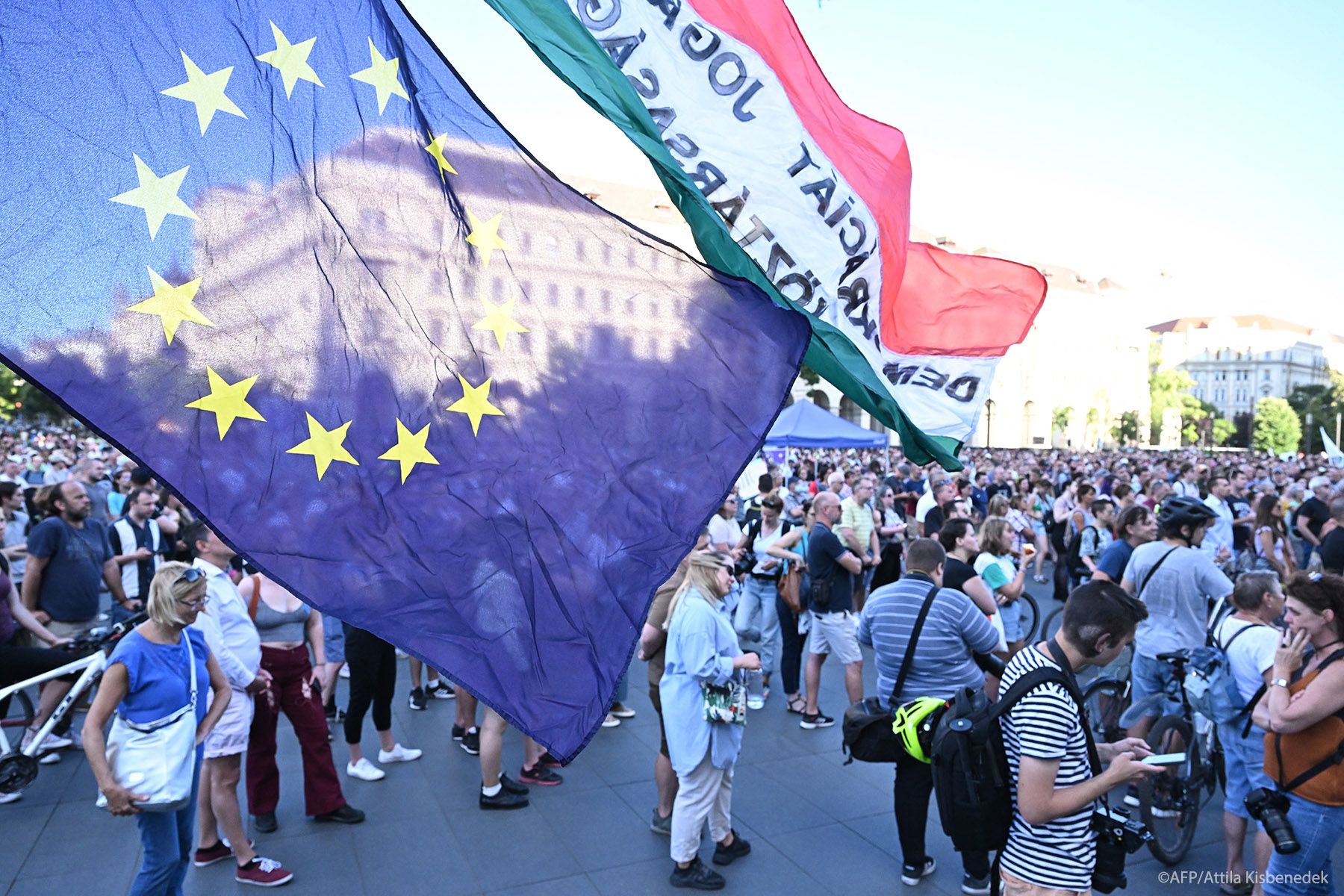
Hungary can no longer be considered a full democracy by the European Parliament
|

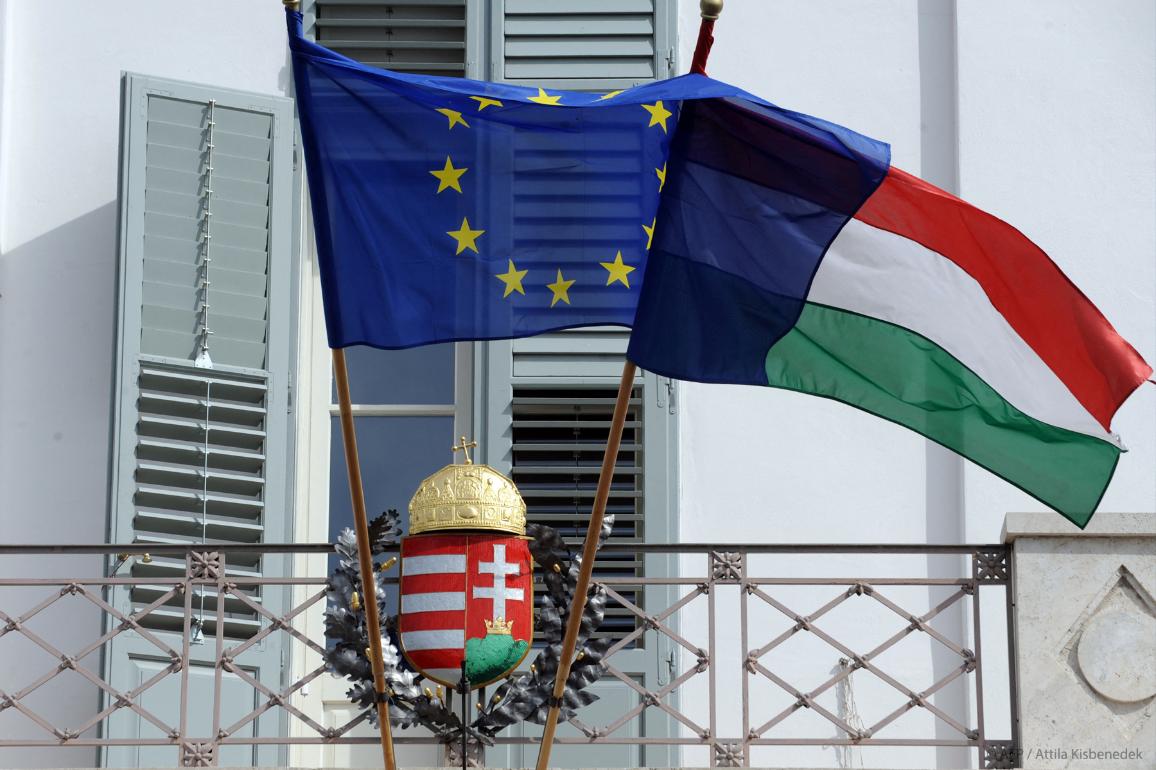
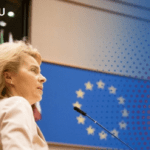



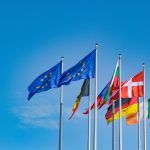
Leave a Reply